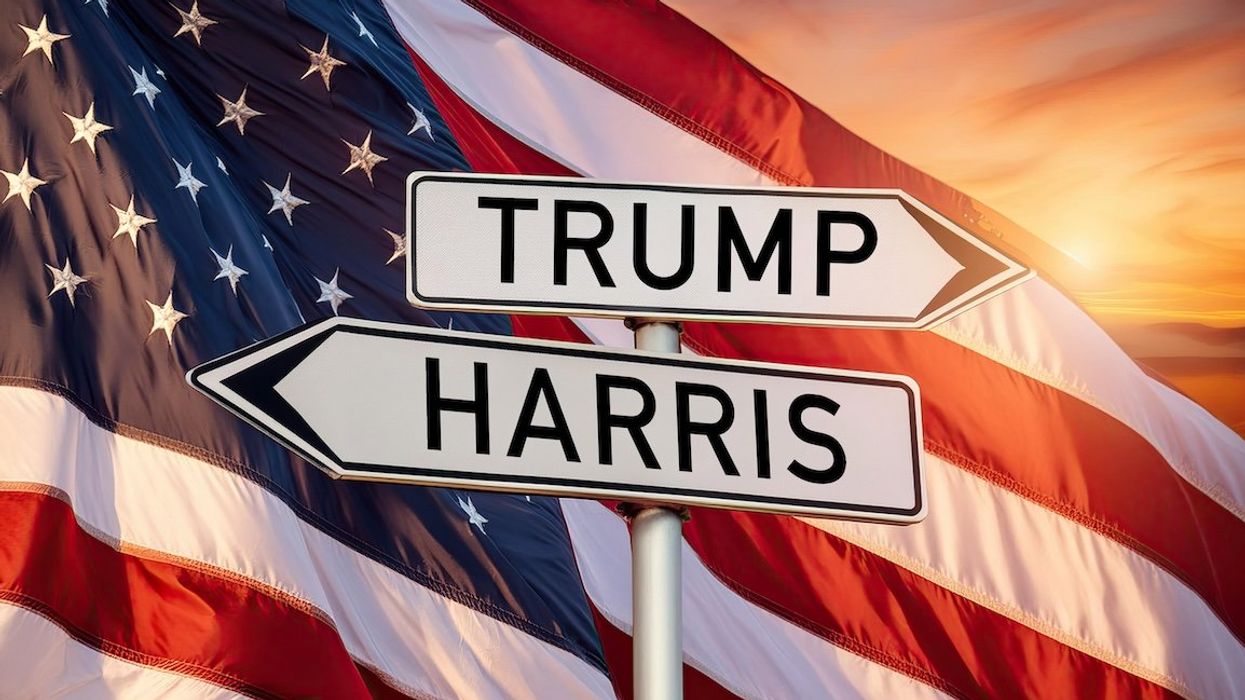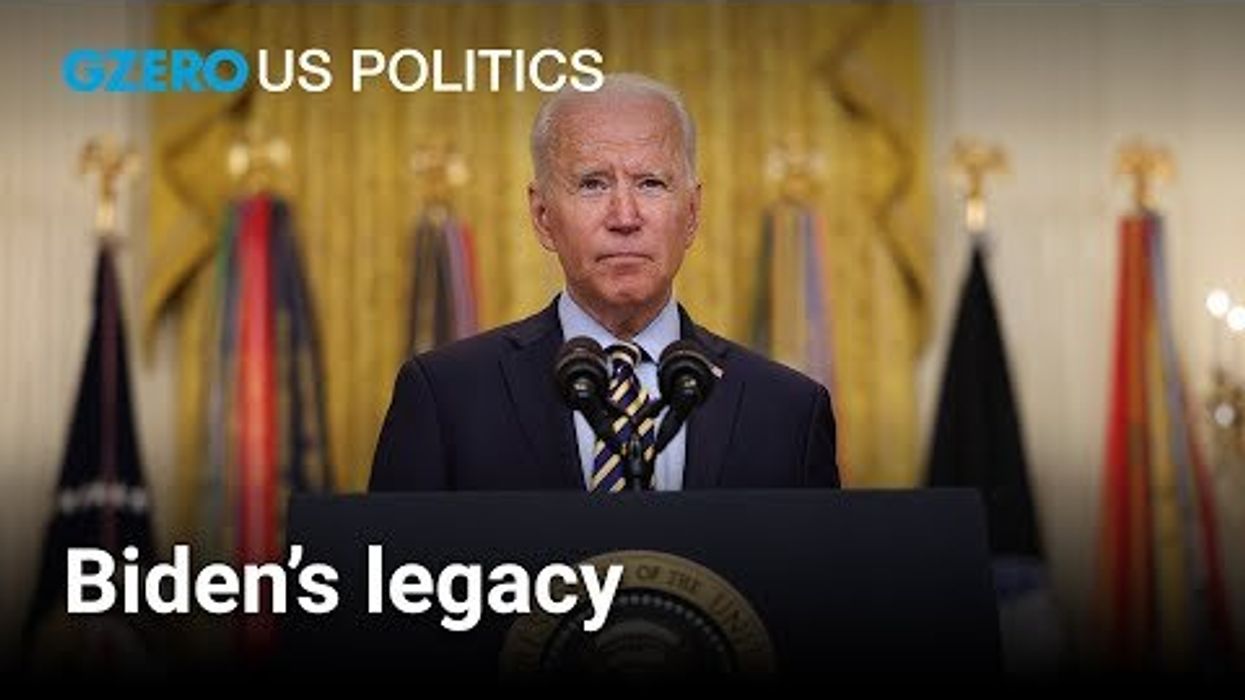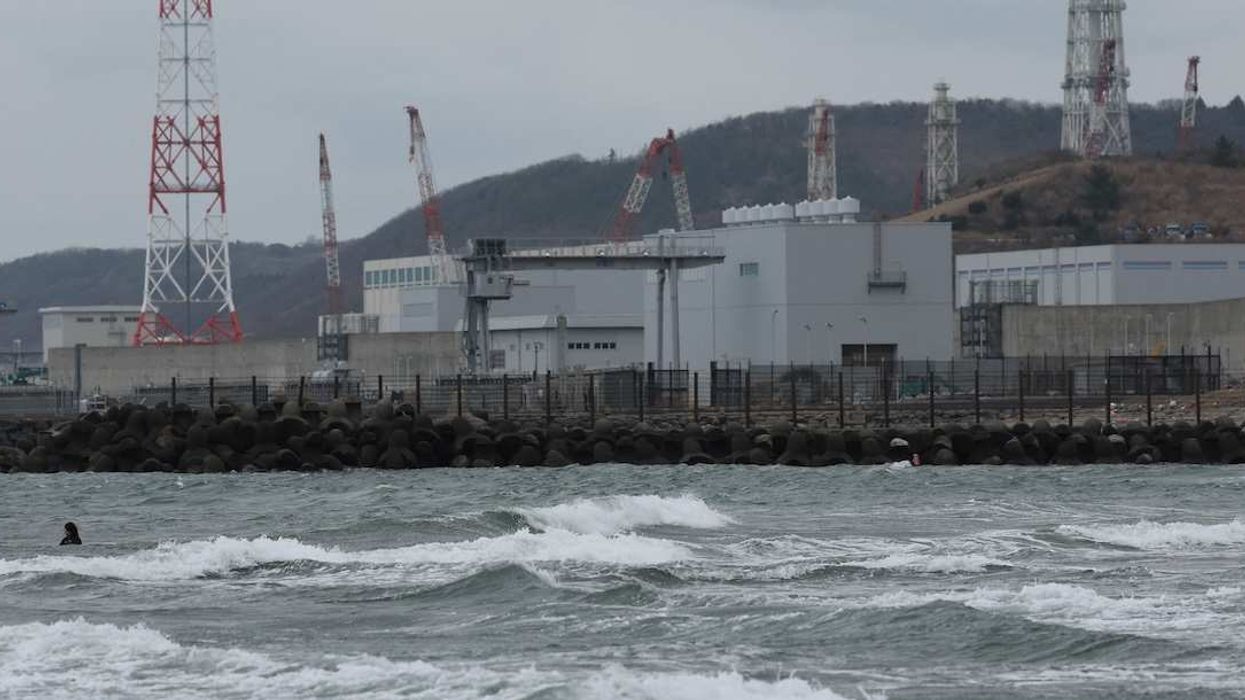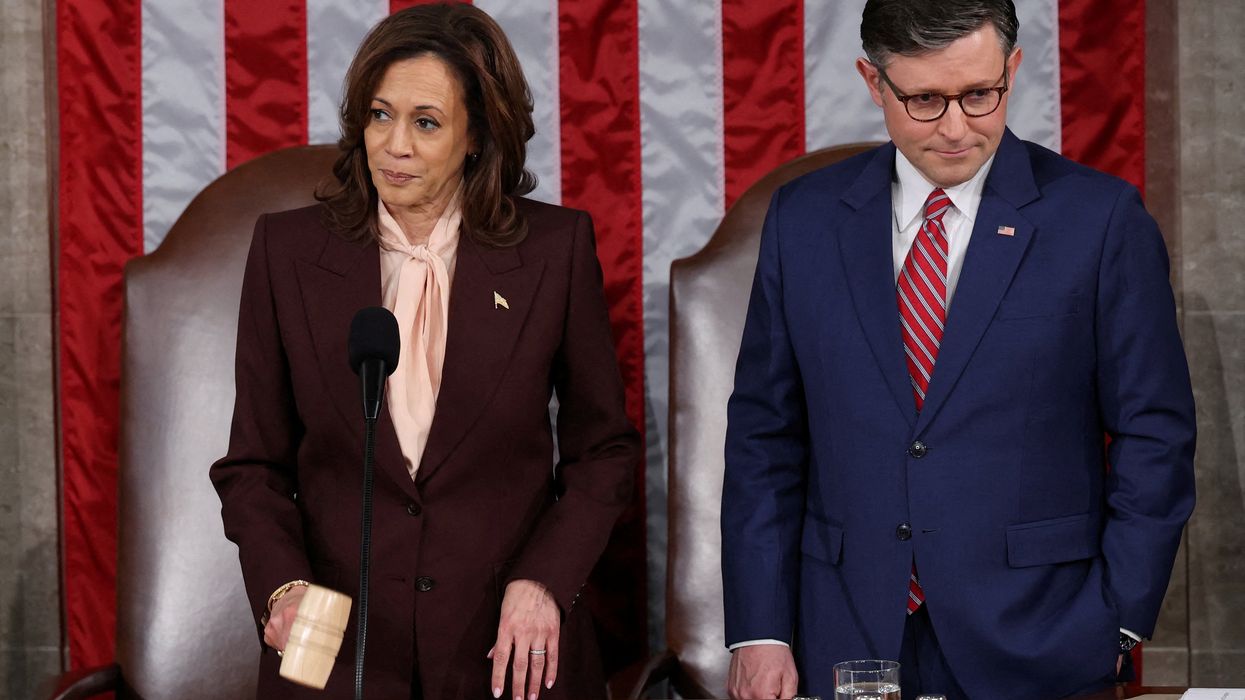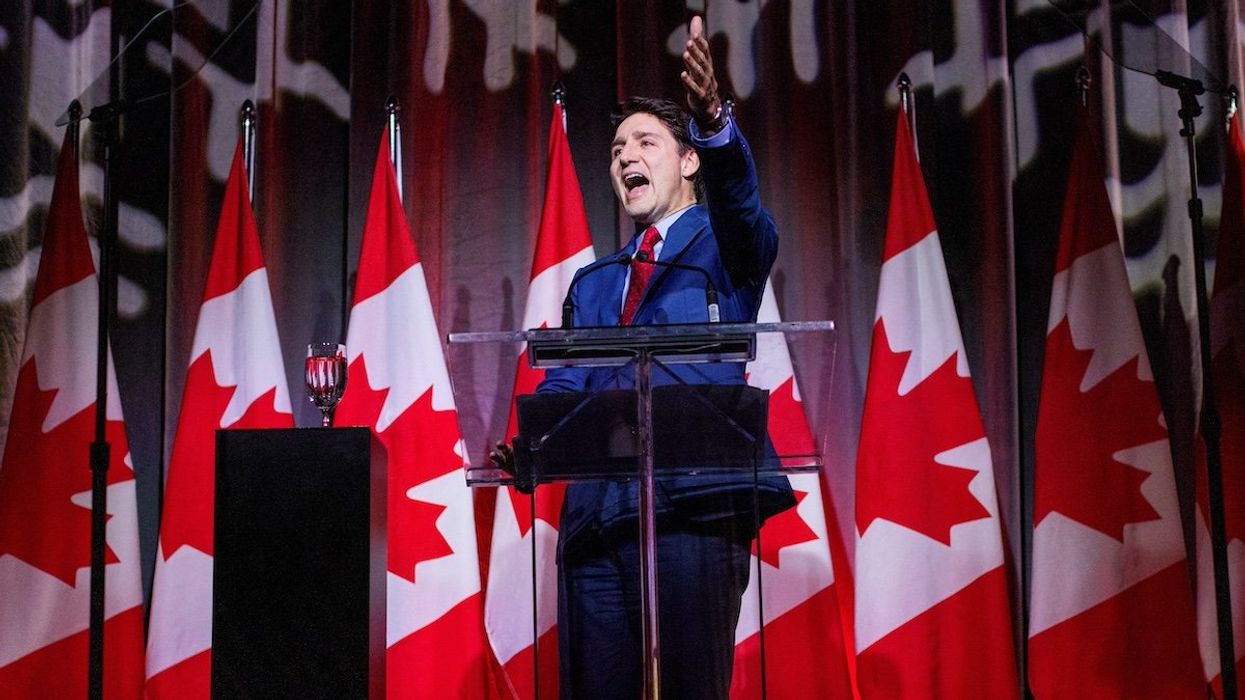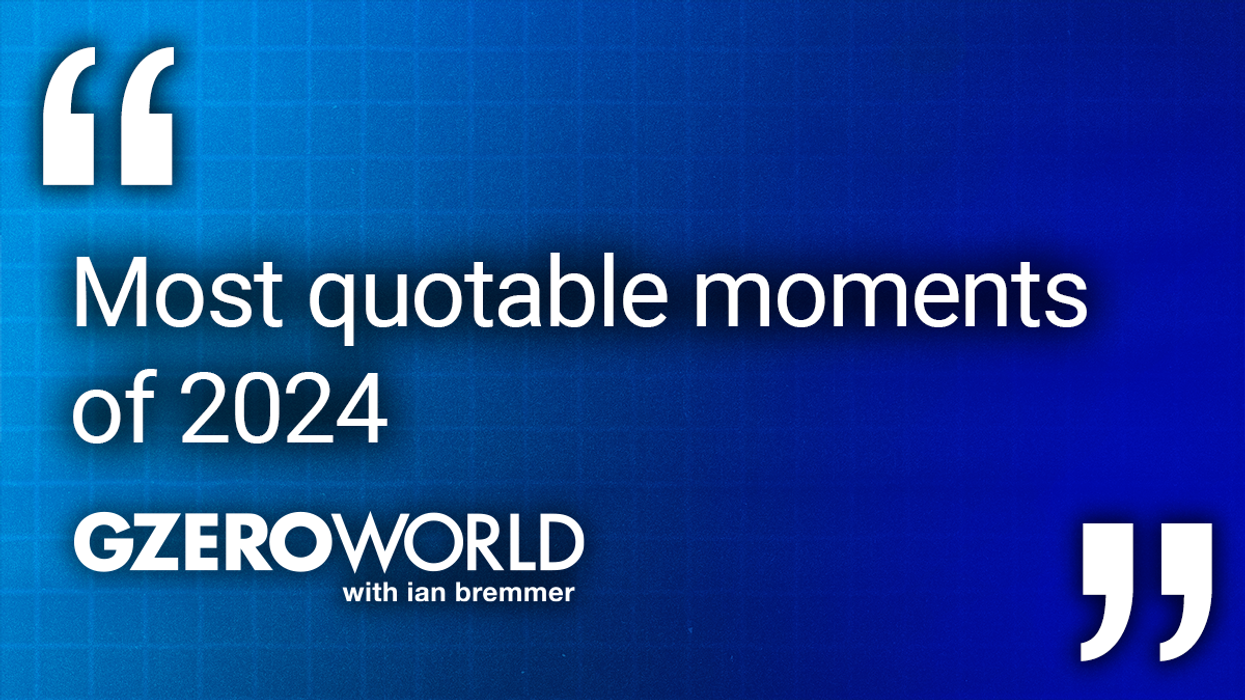The kingdom of Jordan is due to hold quadrennial elections late this year to the lower house, the only elected body in what is otherwise a nearly autocratic monarchy.
These elections, however, are not considered particularly free or fair, with consistent repression of free speech and assembly, high hurdles for parties to register, and a social context in which tribal affiliations or business connections matter more than political programs in determining who gets votes. Less than 10% of seats in the 2020 election went to organized parties, the rest went to independents. Turnout, meanwhile, has historically been weak, hovering around 30-35% at best.
Part of the issue is that while King Abdullah is keen to present the image of a modernizing country that cautiously embraces democratic institutions as a way to bolster the legitimacy of the government, he is also scared of creating space for radical forces — in particular Islamist groups which are popular in society — to exploit elections to destabilize the kingdom.
One of the biggest questions is, in fact, whether the election will be held at all. The increased social volatility stemming from the Gaza war — Jordan is home to the world's largest Palestinian diaspora — has led to some calls to postpone the vote for security reasons.








